
ILO commits to support Vietnam’s effort to promote safe labor migration
Latest
| TIN LIÊN QUAN | |
| Chance emerges for Vietnam's more inclusive growth path: ILO | |
| UNESCO joins Vietnam in marking 650th death anniversary of Chu Van An | |
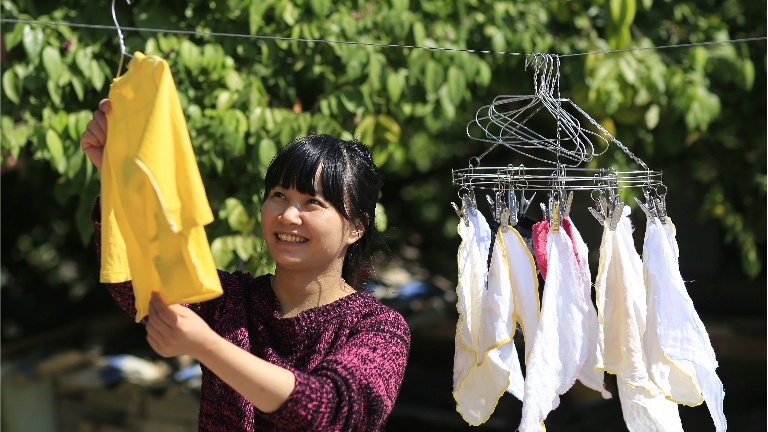 |
| Illustrative image. |
The International Labour Organization (ILO) welcomes Vietnam’s positive steps to make labour migration safer and more profitable for Vietnamese migrant workers in legislation.
The draft revised Law on Contract-Based Vietnamese Overseas Workers (Law 72) was discussed at the National Assembly on June 10. When passed at the next sitting in October 2020, the revision will affect the lives of hundreds of thousands of Vietnamese migrant workers, their families and communities, and have an impact on the future development of migration and economic modernization of Vietnam.
“Explicit prohibition of specific categories of recruitment fees and related costs in legislation is important,” Director of the ILO in Vietnam, Chang-Hee Lee, said. “When migrant workers pay high fees and costs, and obtain high-interest loans to fund migration, they are more vulnerable to abuse, exploitation, debt bondage, forced labour and human trafficking. Therefore, the development benefits of labour migration cannot be fully realized.”
The ILO’s Private Employment Agencies Convention No. 181 and ILO’s General principles and operational guidelines for fair recruitment state that “workers shall not be charged directly or indirectly, in whole or in part, any fees or related costs for their recruitment” and that “prospective employers, public or private, or their intermediaries, and not the workers, should bear the cost of recruitment.”
Vietnam currently has high recruitment fees and related costs set in legislation. According to a new ILO study, the current fee and cost structures are not well understood by migrant workers and complexity around legal limits prevents them from knowing if they are being overcharged.
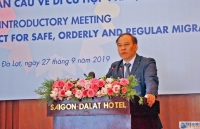
| Vietnam broadens understanding of migration issues |
The study demonstrates that charging migrant workers over the legally set ceilings appears to be a common practice. Some interviewees reported paying between VND163 million and 372 million (US$7,000-16,000) to be able to work in Japan and Taiwan (China) much higher than legally set limits. Developing regular migration channels in legislation that are less costly, less time-consuming and less complex can tackle issues of overcharging, and may be easier to oversee and enforce.
“Abuses involving debt bondage associated with repayment of recruitment fees can lead to forced labour and human trafficking,” ILO’s Technical Specialist on Labour Migration, Anna Olsen, said.
In a related move, the National Assembly voted for the ratification of ILO’s fundamental Convention 105 on Abolition of Forced Labour .
“To address risks of forced labour, an adequate national regulatory framework and comprehensive labour migration policies based on international labour standards, are vital,” said Olsen.
According to the specialist, the revision of Law 72 offers an opportunity for Vietnam to address the demand from numerous leading multinational employers and businesses looking to hire ‘zero fee’ migrant workers who have not paid anything for their recruitment abroad. This will better protect migrant workers and meet international standards.
In 2019, Vietnam sent more than 152,000 migrant workers abroad, two thirds of whom were men. Japan and Taiwan (China) received more than 90 per cent of Vietnam’s regular migrant workers in the past three years. The Government annually increases national and provincial labour migration targets, and actively promotes labour migration as a means of employment creation, skills improvement and poverty reduction.
“What we hope for Vietnam is to be able to amplify the development potential of migration. Ensuring the protection of migrant workers’ rights before, during and after labour migration is the best way to do this,” said the head of ILO Vietnam. “The ILO reiterates its commitment to support the Vietnamese Government to fulfill this important goal.”
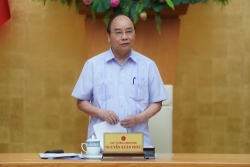
| Prime Minister: Ensuring Vietnam is a safe destination the top priority Ensuring that Vietnam is viewed as a safe destination for sustainable development is the primary goal of the country’s post-COVID-19 response in the new normal, ... |
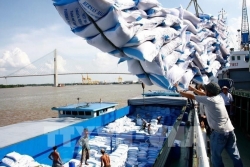
| Vietnam – a safe destination for high-quality FDI: Expert Vietnam is considered a good land for high-quality foreign direct investment (FDI) influx in post-COVID-19 pandemic period, according to a foreign expert. |
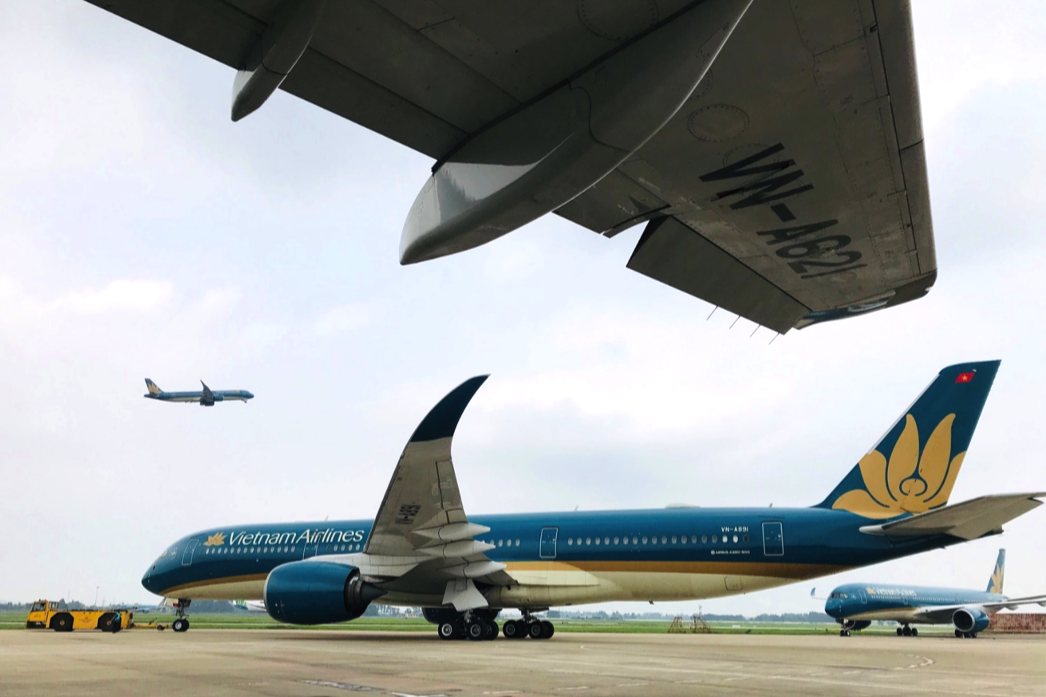
| Vietnam Airlines lauches three more air routes to promote domestic tourism after COVID-19 pandemic Three more air routes from Vinh city of the central province of Nghe An to key tourism destinations in the country will be launched as ... |





















